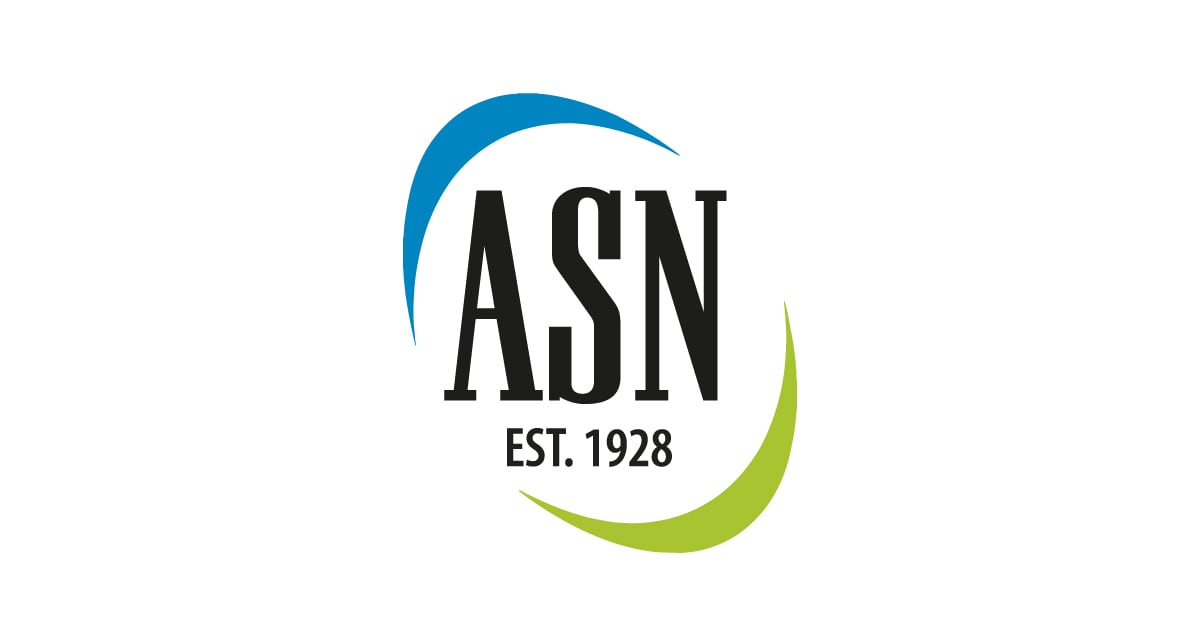By Debbie Fetter, Guest Blogger
It was an early start to the “Successful Scientist: What’s the Winning Formula” session hosted by ASN’s Young Professional Interest Group (YPIG) on April 29, but it was well worth it. The five panel members were pleased with the great turnout of young professionals at the early hour. Regan Bailey, PhD, RD, a Nutritional Epidemiologist from the National Institutes of Health, set the relaxed tone for the session by exclaiming, “If you are able to make it to an 8:00 a.m. session as a student, then you’re already more successful than I was!” The attendees laughed and knew they were about to get the rare opportunity to interact with and receive priceless advice about varying career paths with the well-established panel.
Dr. Bailey proceeded to give the audience instrumental information; such as apparently there really isn’t a set way to land a government job. She reiterated the importance of networking, especially with those who could teach you. The best-kept secrets to finding a career path are serendipity and an open-mind. Also, bars in Copenhagen are a great place to hang out. That’s where Dr. Bailey ran into a prior contact and he ended up helping her get a job. You never know who may become a vital connection and help you discover your calling. This is why people are the best resource in the entire world and you should “be yourself; unless you are mean, then be nice.” It’s also important to get involved and to stay involved (i.e., professional organizations: hint, hint, ASN). Finding your balance is key, and Dr. Bailey reassured us with, “If ‘Plan A’ didn’t work. The alphabet has 25 more letters! Stay cool.”
Marion B. Sewer, PhD from the University of California, San Diego was the next panel member to speak. Dr. Sewer told the attendees to embrace failure, since many will criticize–if the bottle of scotch hidden in your drawer is not sufficient, this may not be the career for you. Surround yourself with personal cheerleaders that understand how difficult this field is. Be a team player, but learn to say “no” to protect your time to be successful. To all the perfectionists in the crowd, Dr. Sewer said, “Sometimes, 70% is good enough.”
After, Michael L. McBurney, PhD, FACN from DSM Nutritional Products, put in his two cents. Trust and reputation are earned, not given. Accumulate knowledge and expertise–know your science. It also probably takes about 10,000 hours to become an expert, so might as well start now. Work well with others and do what you do with intent. Most importantly, when you go on sabbatical, go somewhere warm.
Connie M. Weaver, PhD from Purdue University, followed with an eye-opening thought, “Aiming for success is the wrong aim point, it’s not your goal. Your goal is to be of value and to like what you’re doing.” She also emphasized the significance of interdisciplinary interfaces and to explore unfamiliar areas. This is the pathway to discovery.
The last panel member, Brian Wansink, PhD from Cornell University, told us to think of your career as chapters and each chapter could offer something different. He shared his observation that the single best predictor of success is “the number of papers you co-author and submit with a productive professor while you are in residence.” Dr. Wansink let us all in on the secret that the fourth times actually the charm. He ended with, “If my Dean knew how much I loved this job, he wouldn’t pay me.” We can all hope to find a career we are passionate and excited about; that’s definitely something to strive for.
An open panel followed and more advice was given. Finding a way to turn negative energy into something positive was a common theme. Dr. Bailey suggests exercise for stress release. “There’s nothing a good run can’t cure,” she offers. Moving forward is important for success, Dr. McBurney told attendees. If the study didn’t work, find out why and try again. It’s also critical to set some “me” time. Dr. Weavers suggests budgeting it in, like an appointment. Dr. Sewer spends her “me” time doing home improvement. “Stress equals a new bathroom,” she shares and the audience laughed.
In terms of figuring out your passion, Dr. Sewer said to pay attention to how you feel when you’re doing different activities to discover what you value in a career. Dr. Wansink recommends getting involved in as many projects as possible while in graduate school to explore different areas and to build your skill set. Dr. Sewer feels the winning formula to success is what works for you and keeps you motivated and excited. Never be afraid to change if you’re unsatisfied. Dr. Weaver told the attendees to find a way to be of value, and with that you will be happy. Dr. McBurney shared that life is a series of choices, some good, some bad, and no job is perfect. It’s far better to work for a great boss at a mediocre company than a mediocre boss at a great company. Dr. Wansink identified people in academics, who had a huge impact and attempted to find a commonality. He found they all not only dedicated a lot of time to their work and worked hard, but they took a seemingly strange risk that magnified their impact. Don’t be afraid of what others may think of you, if you want to take on a project that interests and entices you, do it. The real secret is there are many paths to success, you just have to find your own.



